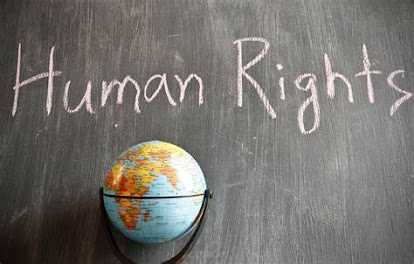The Legacy of Oppression: Mass Killings in Palestine and the Parallel with Pharaoh's Reign

Throughout history, oppressive regimes have marked their existence by using power to dominate, control, and suppress the rights of others. One such historical figure, Pharaoh, has long stood as a symbol of arrogance, cruelty, and resistance to change. In this blog, we draw a disturbing parallel between Pharaoh’s reign in ancient Egypt and the ongoing tragedy in Palestine under the leadership of Israel, especially in the context of mass killings, human rights violations, and the use of modern technology to control the population. Pharaoh: A Legacy of Oppression and Downfall Pharaoh, often portrayed as a ruler whose arrogance and cruelty led to his ultimate demise, represents the dangers of resisting justice and clinging to unjust power. The Bible and other historical texts recount how Pharaoh enslaved the Israelites, subjecting them to hard labor and severe punishment. Despite numerous warnings, he continued to defy the call for freedom and justice, ultimately facing the wrath of...
.jpeg)


.jpeg)

